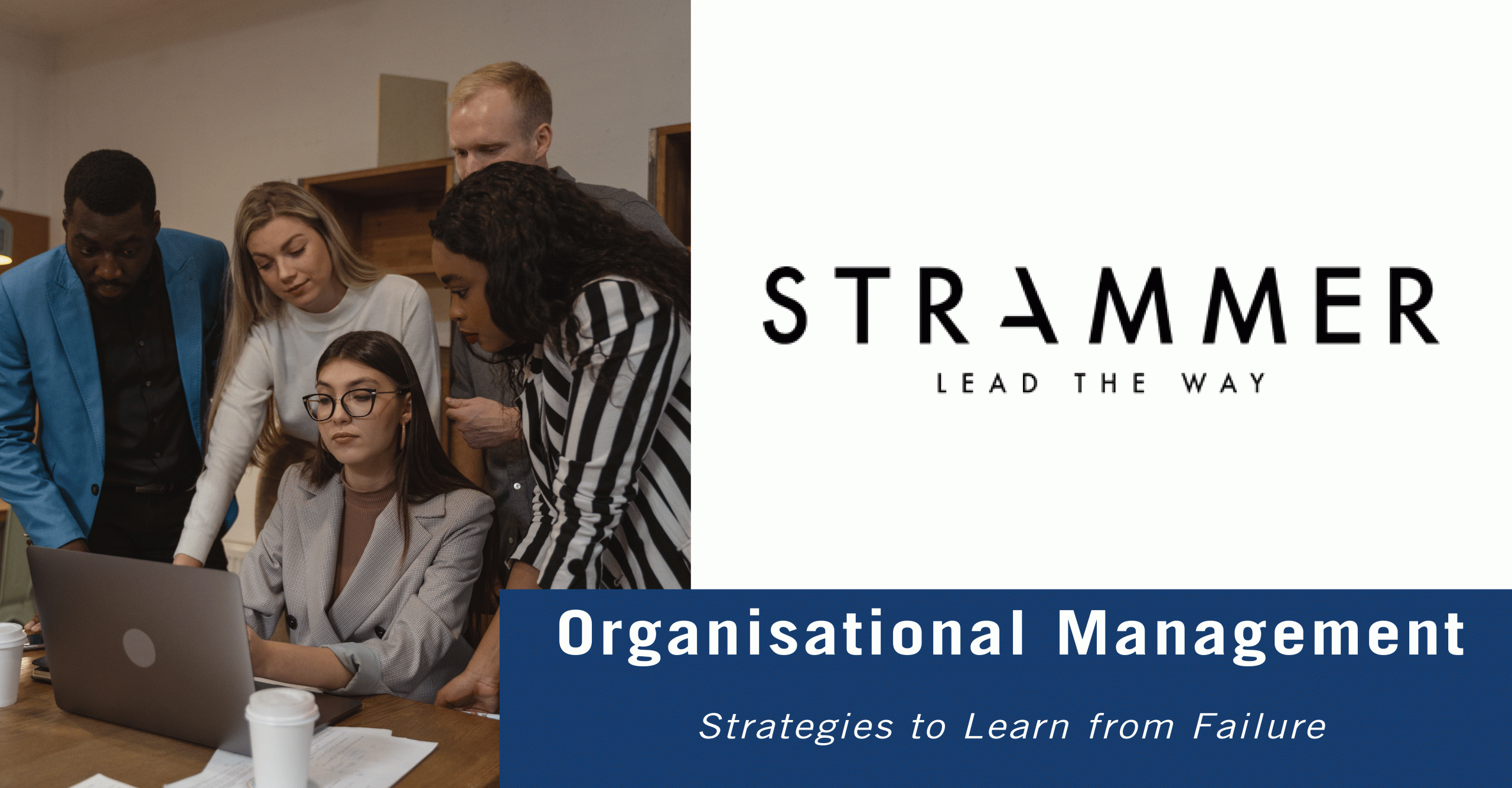How Organizations Can Learn from Failures
Failure is a common occurrence in business as in wider life. No one sets out to fail but accepting that it happens allows organisations to mitigate the impacts and learn useful lessons. Indeed, failure can present learning opportunities and help to drive organisational improvement.
And, in fact, according to research, organisations learn more effectively from failures than successes. The question is how organisations can take the failures they experience and translate these into lessons to improve future results and performance.
As Professor Amy Edmondson argues in Harvard Business Review, learning from failures requires contextual awareness. Factors such as industry, job function, and organisational culture can affect the significance of a failure. For instance, in R&D, high failures are not only expected but they can in fact be useful because they can provide indications of what does not work and therefore what to do next to succeed.
Furthermore, identifying smaller failures before it is too late can avert larger ones later. For instance, rigorously testing new products to find defects and weak points can help companies to find problems before the product launches. Experiencing failure earlier thus allows companies time to correct issues and avoid damaging outcomes, like hurt customer relationships or negative brand perceptions.
Understanding failure also requires an effective investigation process. It is only by ascertaining the nature of the failure that organisations can determine how to respond. Since the causes of failure may in fact be multiple and located in the actions/processes of more than one department, it is important to look beyond where the failure is originally flagged and get to the bottom of what happened.
However, handling a failure correctly first requires being alerted to its existence. People may not always speak up when a failure happens, which could harm failure management. One cause for this could be a lack of workplace psychological security. One way of encouraging employees to speak up straight away is for leaders to communicate about the importance of transparency, and to make clear that it is never about attributing blame, but rather increasing collective accountability, learning and organisational improvement. This can help to assure employees that colleagues will not judge them and that they will not be punished for admitting to failure.
In addition to investigating failures as they occur, there are valuable opportunities in learning from others’ failures, including past failures in the company, as well as relevant ones that may have occurred in other organisations and industries. This can be approached by encouraging sharing and openness about failures. Some ideas include incorporating failure discussions in mentoring programmes and having executives be vocal about their previous mistakes. In either case, by having experienced leaders share stories of their failures, and more importantly what they have learned from them, employees can understand the lessons from others’ mistakes without having to make the same mistakes themselves.
Ultimately, these are just some of the ways leaders and organisations can make conscious efforts to better understand failures and turn these into opportunities to improve performance.
References:
- Strategies for Learning from Failure, Amy C. Edmonson, From the Magazine (April 2011), Harvard Business Review.
- 6 innovative ways business leaders can learn from failure,
- How to Learn From Your Failures: 4 Valuable Lessons, Thomas Griffin, com.





